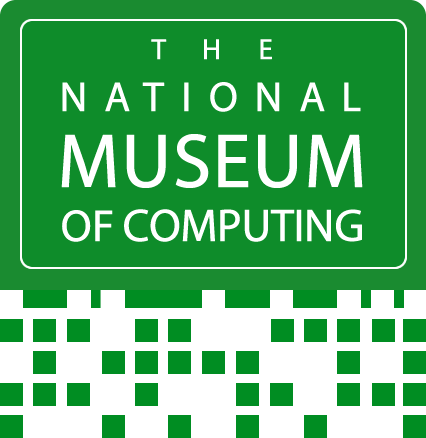The National Museum of Computing fires start gun on retro games tournament celebrating BBC Micro’s 40th anniversary
/National The Museum of Computing fires start gun on retro games tournament celebrating BBC Micro’s 40th anniversary
Museum celebrates the BBC Micro’s heritage as a popular gaming system
Contestants play five iconic titles across five days for prizes
Half-term fun for kids, reliving old memories for parents
The National Museum of Computing (TNMOC), home to the world’s largest collection of working historic computers, is kicking off a year of celebrations marking the 40th anniversary of the BBC Micro with a tribute to this popular and fondly remembered machine as a hit gaming platform. We are hosting Microlympics - a week of half-term retro gaming.
Microlympics is an online tournament, played via emulator, where contestants are invited to record their results after 24 hours on some of the most iconic titles for the BBC Micro. Our contest is primed for the February half-term school holidays, with five games over five days. The tournament is open to everyone: veterans, fans of retro computing and first timers of all ages with players competing in one of three categories: under 12s, 12-17 and over 18s. The week will end with the iconic ground breaking space trading game, Elite. A true 24-hour challenge for gamers old and new.
Contestants will be asked to submit their results on each day to build a grand-total. Winners in each category will receive a unique museum prize. Microlympics will be played with the following games on the following dates:
Monday 15th Feb: Chuckie Egg (highest score)
Tuesday 16th Feb: Revs (fastest time over 10 standard laps)
Wednesday 17th Feb: Citadel (score)
Thursday 18th Feb: Repton (highest score)
Friday 19th Feb: Elite (credits)
The BBC Micro is remembered as the winner of the BBC’s Computer Literacy Project, becoming a hit among a generation of British school children during the 1980s. Unveiled by Acorn Computers in 1981, more than 1.5 million BBC Micros were sold.
The National Museum of Computing is ideally placed to steward the legacy of the BBC Computer Literacy Project: We run a classroom of 18 vintage BBC Micros that are used each year to teach thousands of students skills in programming and STEM-related subjects.
Jacqui Garrad, director of The National Museum of Computing said: “The anniversary of the BBC Micro is a special event for all of us at the museum. The BBC Micro represented a turning point in computing which made programming and computer literacy accessible for everyone. It sparked a whole generation of budding computer scientists and hobbyists to explore the possibilities of computing like never before and even create the games which we’ll be playing over the week. It’s vital that we do our part to pass this spark on to the next generation and hopefully this tournament will help do just that.”
“Gaming became a major activity of the BBC Micro: not simply playing but also programming software, leading to the rise of much-loved titles but – also – inspiring a wave of innovators and entrepreneurs to build their own games and software companies.
To join Microlympcs, contestants must register through the Museum’s Eventbrite page here. Once registered contestants will be sent a link to a free online BBC Micro emulator for the game at midnight of each day. They will have 24 hours to play and submit their results.
About The National Museum of Computing
The National Museum of Computing brings to life the history and ongoing development of computing for the enjoyment and benefit of the general public and specialists. The Museum combines a distinctive approach to engagement with an emphasis on British computing heritage and on-going innovation. TNMOC acquires, conserves, restores and rebuilds historic computing machinery. Our approach is furthered through a process of engagement, with the display and demonstration of historical systems. The Museum runs a highly successful learning programme for schools and colleges and introduces computer coding to young people to help inspire the next generation of computer scientists and engineers. The Museum also runs a popular, on-going program of festivals, lectures and interpreted displays and interactive events.








